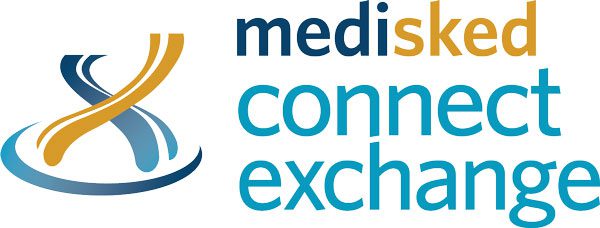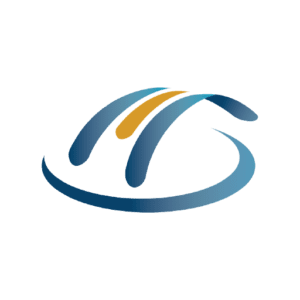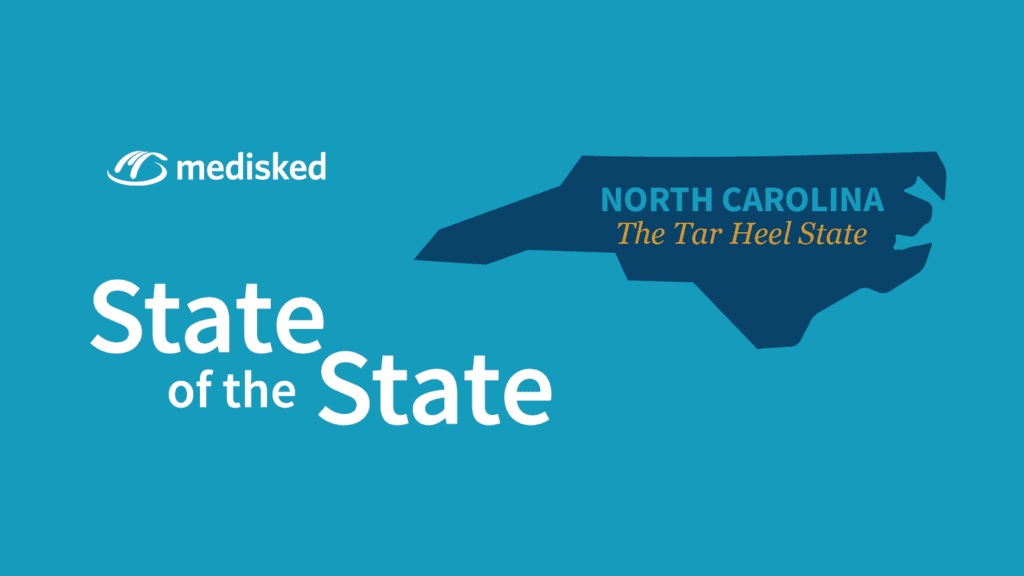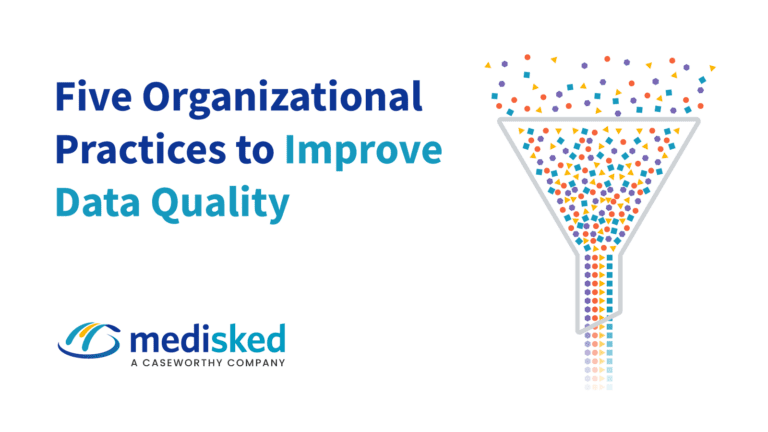In 2020, MediSked Solutions Owner Stephanie Crouch detailed North Carolina’s Medicaid Managed Care Transformation in MediSked’s first State of the State insight. This new insight from Compliance and Policy Analyst Evan Christianson, Esq. provides an updated look into North Carolina’s funding sources for Home and Community-Based Services (HCBS).
Many of the services that are offered by providers are outlined in each state’s individual waiver programs. This funding mechanism allows provider organizations to get paid for specific services unique to each individual’s needs. 1915(c) waivers, along with their related cousin 1115(c), are massive documents totaling hundreds of pages.* Due to the nature of the business, it makes sense that a large focus of the industry surrounds the function and direction set forth in these waivers. However, these waivers are not the only funding source for Home and Community-Based Services (HCBS).
North Carolina’s Division of Mental Health, Developmental Disabilities, and Substance Abuse provides a large array of services through a Recovery Oriented System of Care (ROSC). The goal of the ROSC is to support a system that will not only treat the individual but promote a lifetime path to recovery and continued success. The programs include Household Management, Supported Housing, and treatment for consumer affairs, substance abuse, development disabilities, gambling, family life, and school-related problems. All of these programs are designed to improve the lives of individuals without removing them from their community and support systems.
Similar to the waiver programs, these services have eligibility requirements as well, although they are significantly less stringent. All admissions to state-operated developmental centers are voluntary and require the consent of the individual or their legal guardian if they are a minor or have been adjudicated incompetent. In addition, all requests for admission must be supported by a letter of endorsement from the individual’s responsible Local Management Entity/Managed Care Organization (LME/MCO). They are viewed on a need basis and not solely on income.
A 1915(c) will outline specific criteria on how services are to be provided and by who. These additional programs are no exception and the rules regarding operation have been codified in North Carolina statute. For the policy/law scholars out there, the specific section is 10A NCAC 27G. This section, which is quite lengthy, outlines the rules for mental health, developmental disabilities, and substance abuse facilities and services.* It covers everything from the application process, what is needed in each facility, how to maintain the facility, who can provide the services, and what qualifications are needed.
The next and largest question is: where does the funding come from? As with many state programs, taxpayers do fund a portion of it. However, a large piece (an average of $44 million annually) comes from a block grant. The Substance Abuse Prevention and Treatment block grant is an annual application for the state that outlines specific areas to which the funds are allocated.
There are four main focus areas for North Carolina:
- Individuals without insurance
- Services not covered by Medicaid
- Primary Prevention
- Collecting performance and outcome data to better understand the areas of need. This also provides viable statistics that allow trend plotting and identification of areas that can be improved.
Caring for others is an innately human trait because each individual has a unique circumstance and situation that does not always fit into conventional boxes. The waiver programs are an excellent source to help provide services, but they are not perfect. State programs, like this one in North Carolina, can help bridge the gap and provide even more opportunities to assist those in need.
* MediSked’s compliance team produces “waiver packs” that condense most of the information in the full waiver documents down to two-to-three-page summaries which are available upon request. If interested in any of the summarized waiver packs mentioned in this article, please contact compliance@medisked.com.








